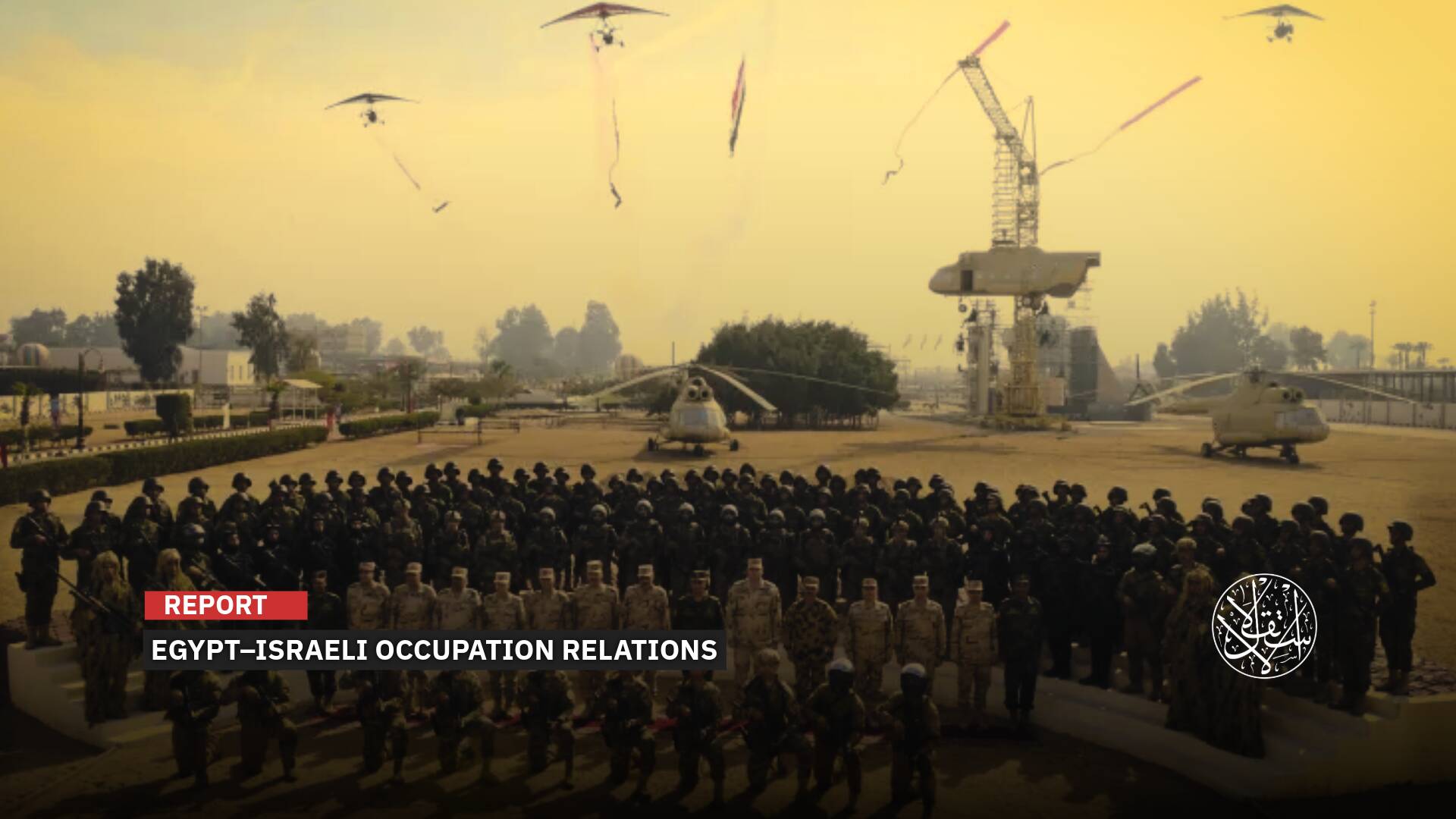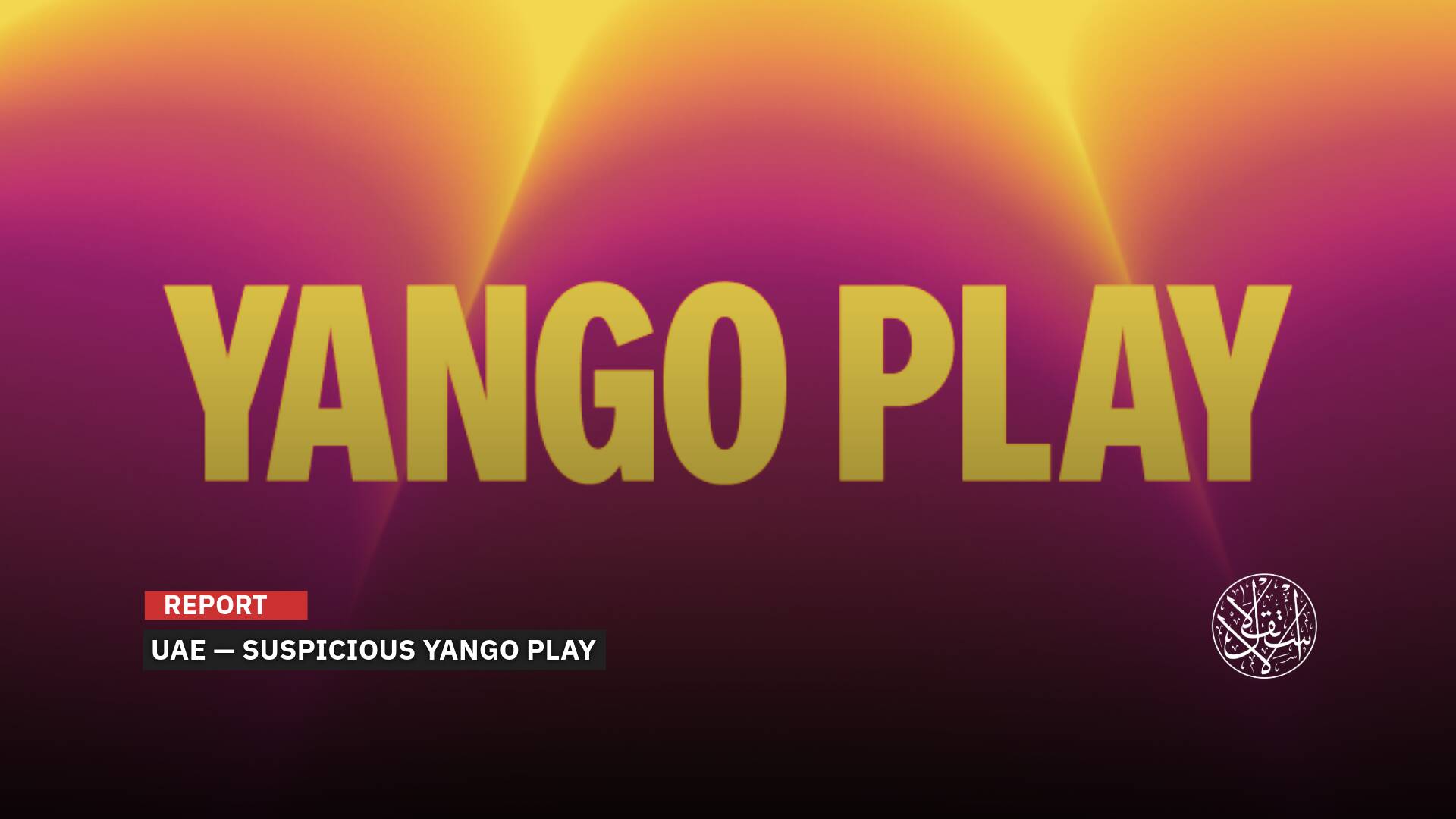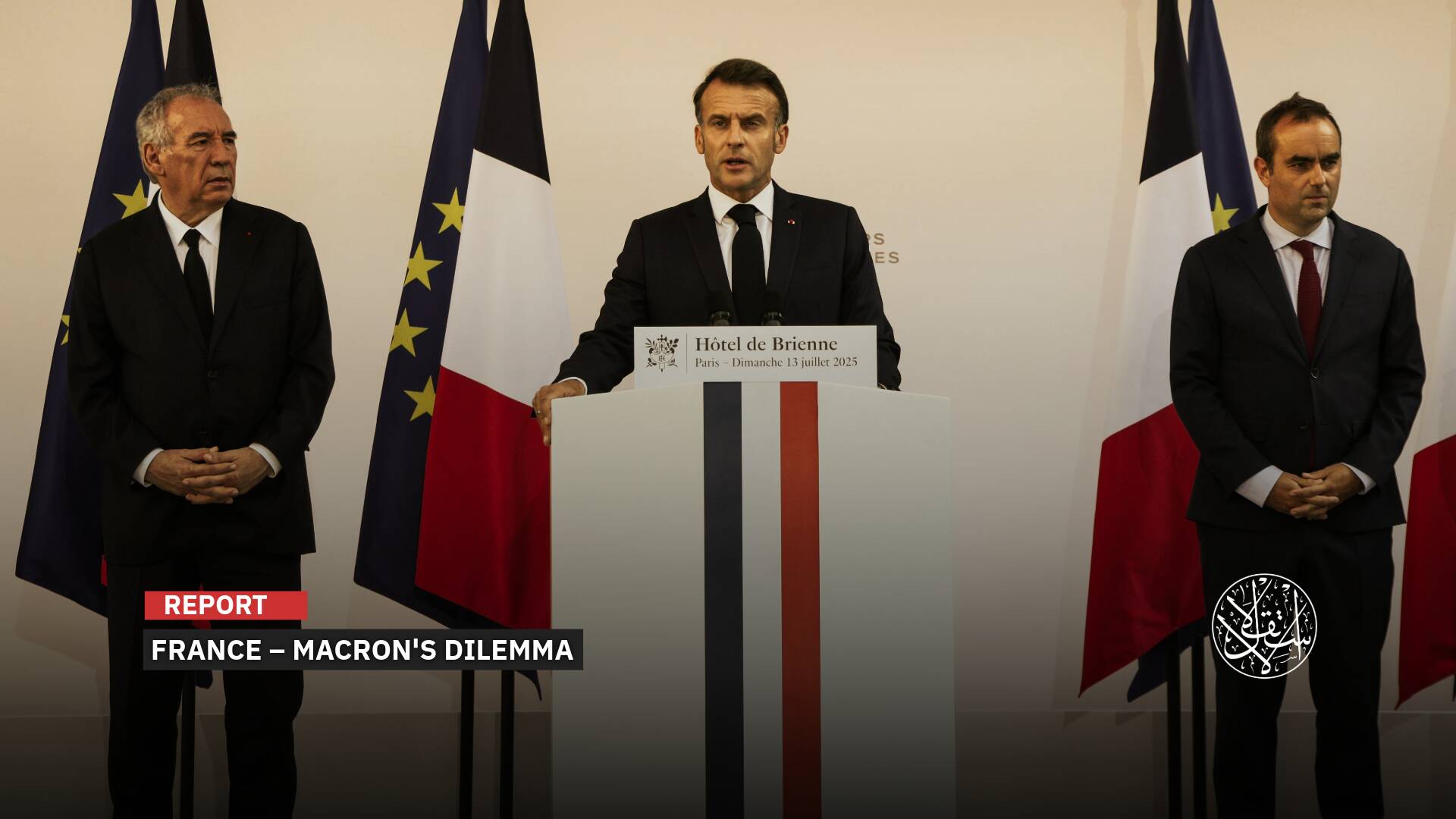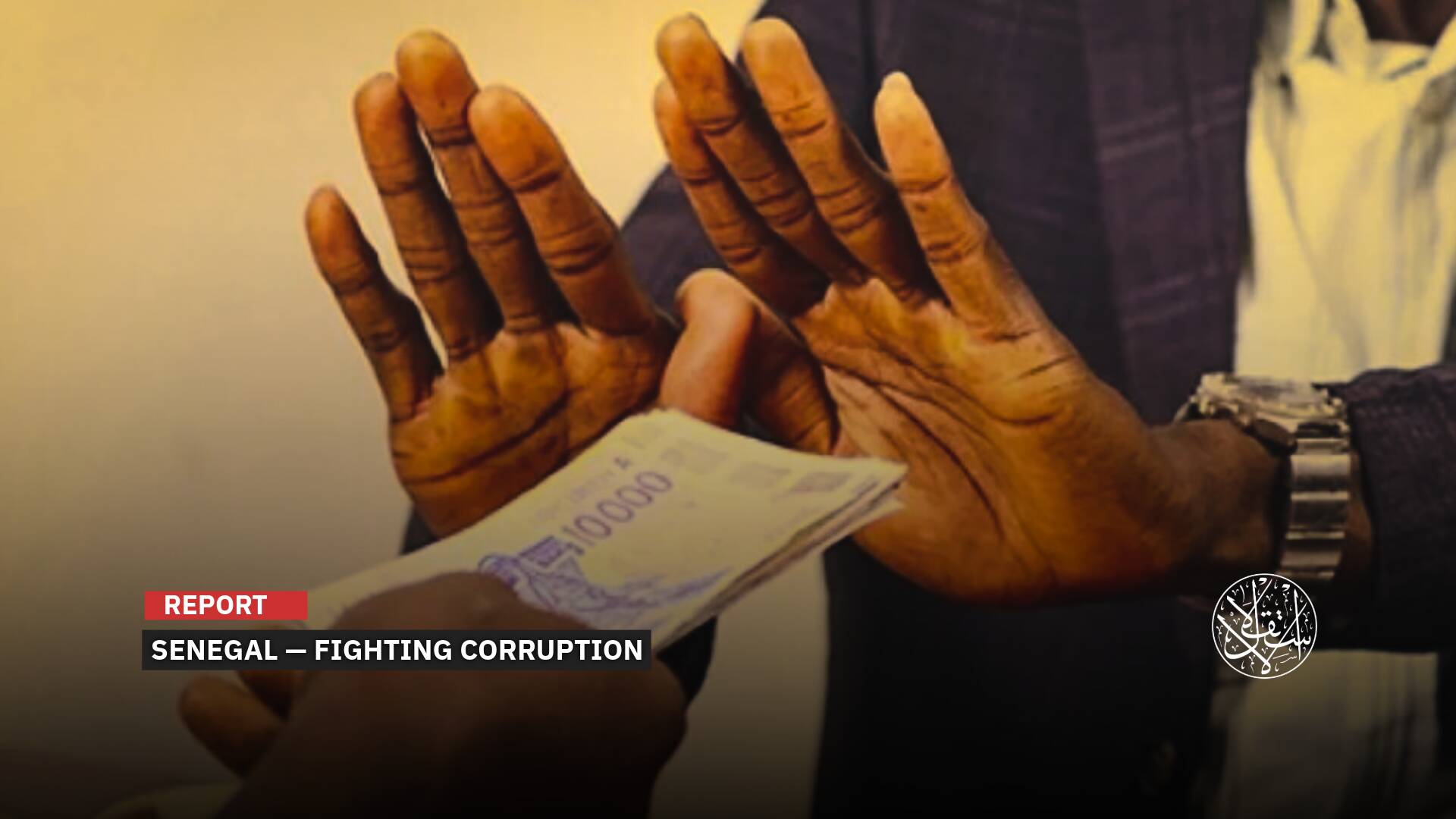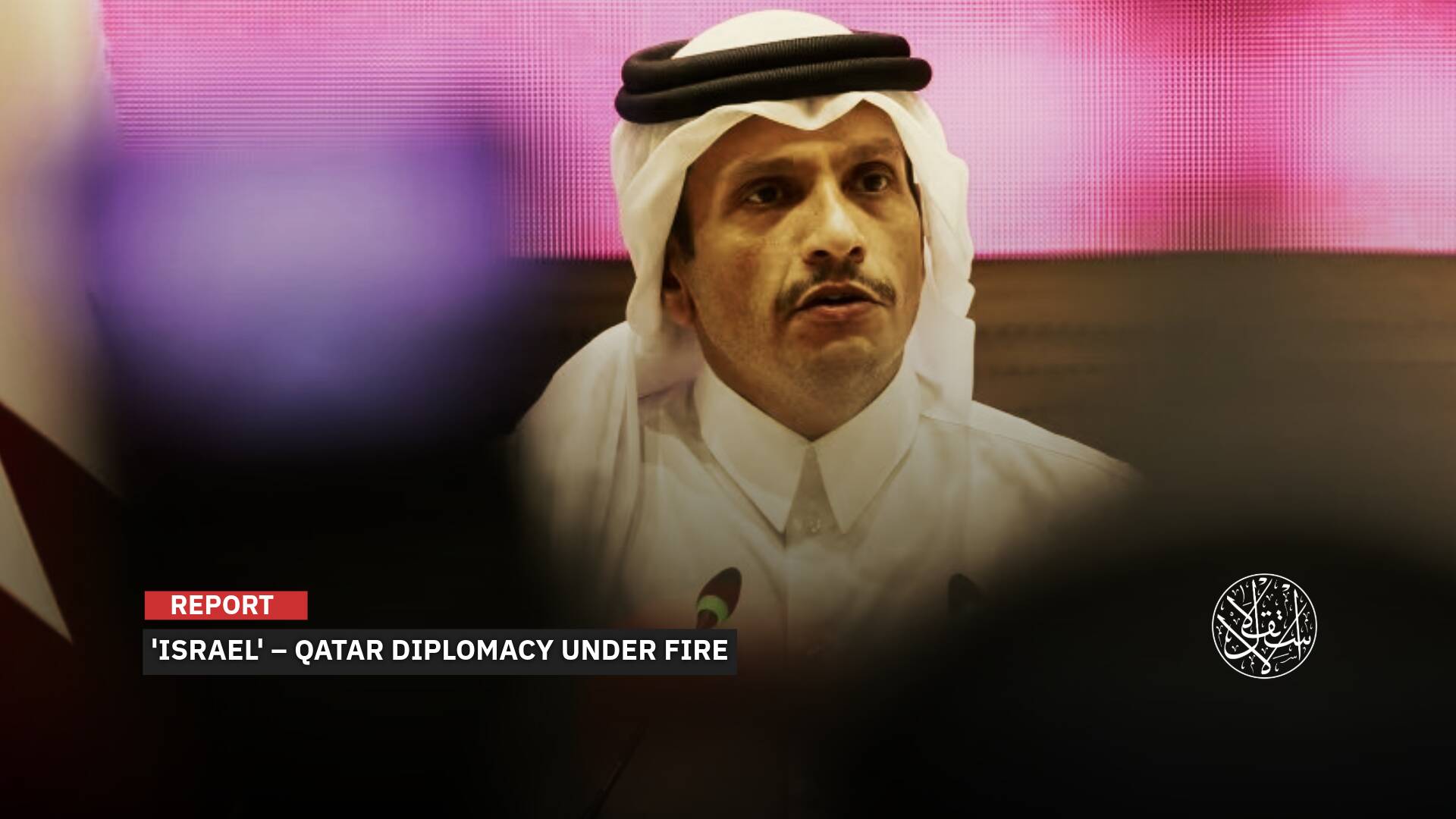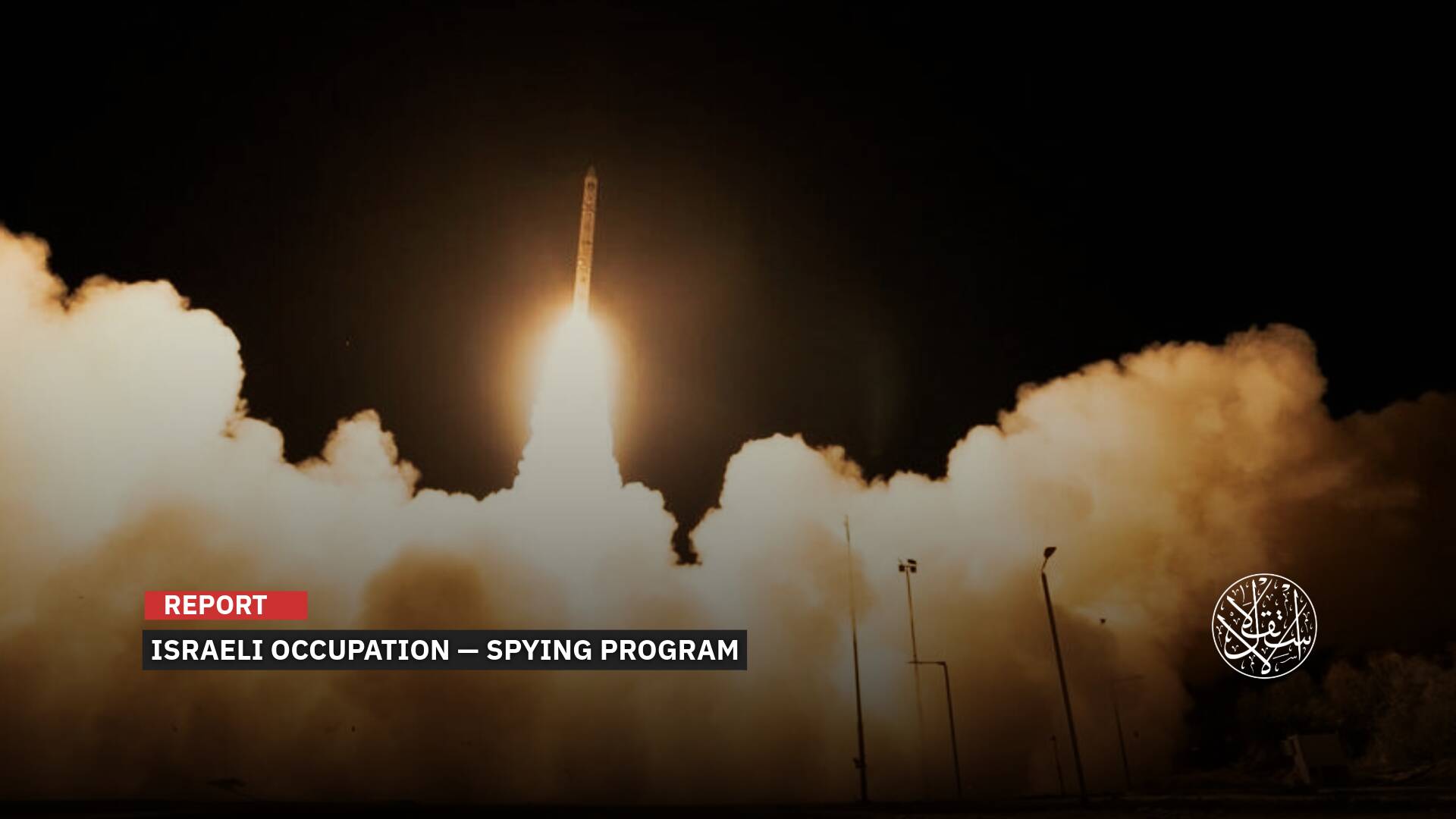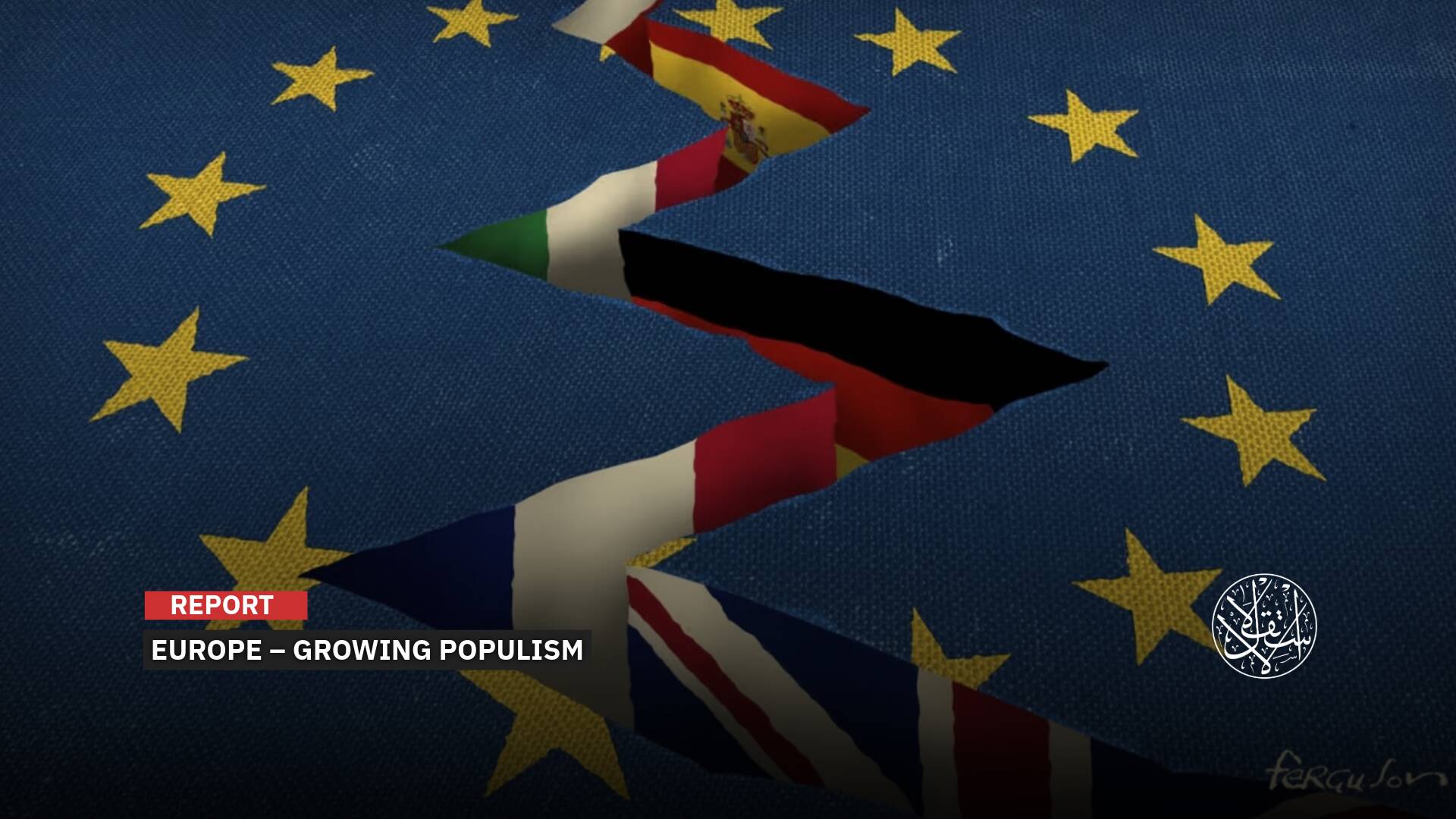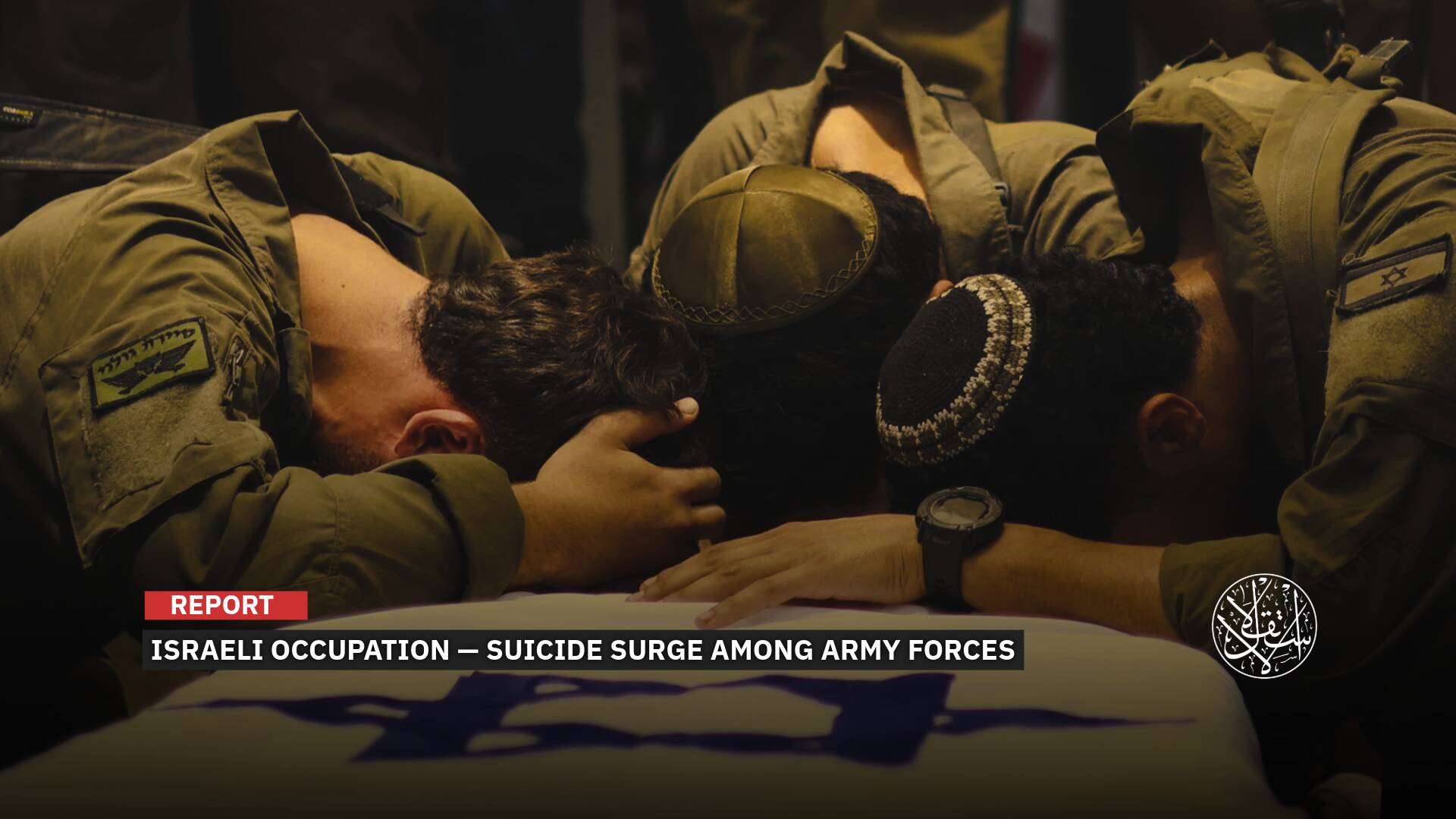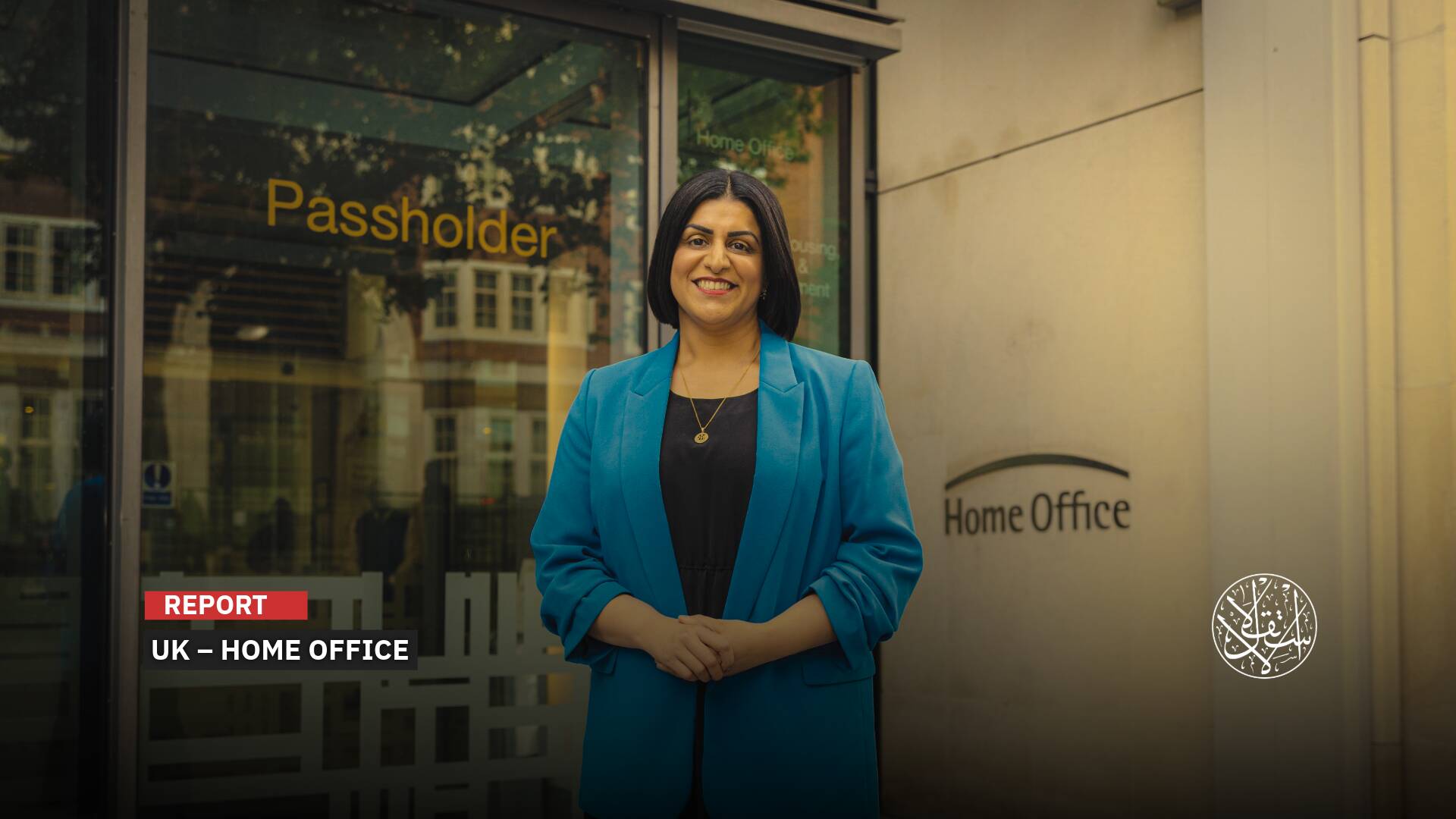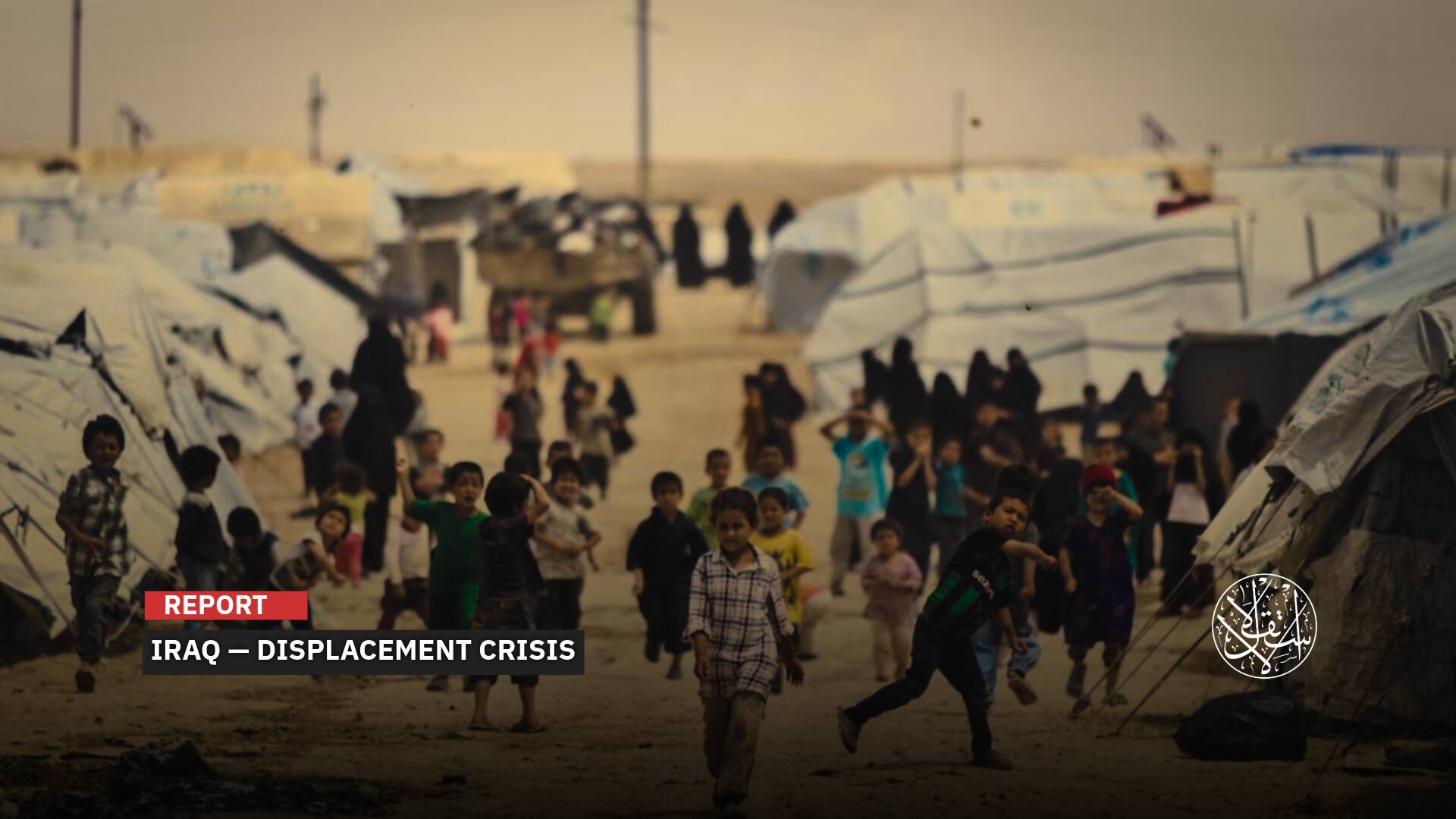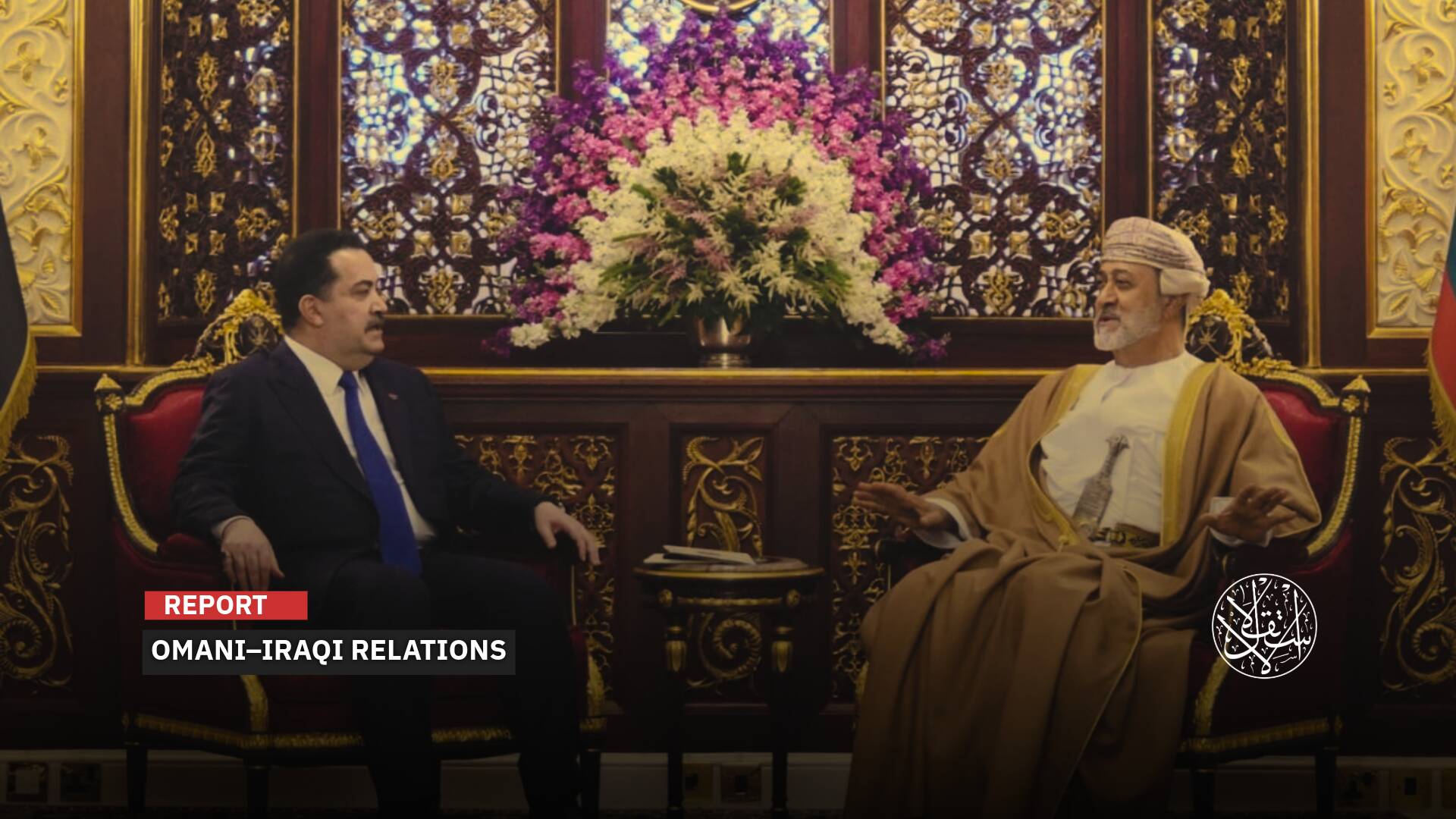'Border Guard': What Drives Mauritania to Play Security Role for Europe?

"The negative impact on Mauritania is what accelerated the pace of arrests and deportations.
The large influx of irregular migrants from West African countries has sparked widespread debate in Mauritania. This debate pits the internal critics, who argue that the government is too lenient on this rapidly growing issue, against neighboring countries that have condemned the “arbitrary” deportation of many of their citizens.
Mauritanians are concerned about the negative effects of the increasing number of irregular migrants, particularly in terms of security, economic, and social impacts. This situation places the country’s “fragile social fabric” under unprecedented pressure, amidst limited resources and weak infrastructure.
Forced Deportation
In response to the surge in irregular migrants, Mauritanian authorities launched a crackdown, arresting migrants in preparation for deporting those who do not meet legal residency requirements.
Official statistics show that the Mauritanian government has deported between 1,000 and 2,000 migrants to Mali, and between 500 and 1,000 to Senegal, aiming to regulate the presence of migrants in the country in line with local laws.
The arrests came after Nouakchott authorities opened a window for free residency settlement for migrants wishing to stay in Mauritania legally, as a temporary measure to control their numbers. Facilitation was provided for those migrants wishing to obtain legal residency.
Government spokesman Hussein Ould Medou revealed that official figures show 130,000 migrants entered Mauritania since 2022, but only 7,000 have applied for legal status.
Unofficial reports suggest that migrants represent more than 10% of Mauritania's population, which is just under 5 million.
However, the deportation of many irregular migrants has sparked protests from human rights organizations and from countries that are major sources of migration, particularly Senegal, Mali, and Gambia.
On March 16, 2025, Senegalese Foreign Minister Yassine Fall visited Nouakchott, where she held talks with top Mauritanian officials. The discussions focused on migration issues and coordinating efforts between the two governments.
Observers see Minister Fall’s visit as part of the “campaign” that Mauritania’s authorities are conducting against irregular migrants.

Protecting Interests
Mauritanian President Mohamed Ould Ghazouani welcomed on March 27, 2025, a high-level government delegation from Mali, led by Foreign Minister Abdoulaye Diop, along with Minister of Malians Abroad Moussa Ag Attaher and General Modibo Kone, Director General of the National Agency for State Security.
Malian Foreign Minister Diop revealed that the delegation carried a message from Mali’s transitional president, Assimi Goita, to President Ould Ghazouani. The message mainly emphasized the shared desire of the two leaders to maintain the long-standing friendship and brotherhood between Mauritania and Mali.
“The president tasked me with conveying his concerns regarding the Malian community in Mauritania and the citizens recently deported, stressing the need to protect the interests of Mauritanian citizens in Mali,” Diop said.
In a press statement, he added that the message also highlighted the issue of the “forced deportation” of “our citizens,” noting that “President Ould Ghazouani listened attentively to our assessment of the situation concerning Malian nationals in Mauritania.”
“We conveyed to the president the need to ensure respect for human dignity during forced deportation processes,” Diop added. “We are not only residents in Mauritania; we are also neighboring, brotherly countries with numerous other ties.”
On March 28, 2025, Ould Ghazouani also received Gambian Foreign Minister Mamadou Tangara to discuss the deportation of hundreds of Gambian migrants from Mauritania.
In a press statement following his meeting with President Ould Ghazouani, the Gambian minister said, “There was an issue related to the regularization of residents in this country, which affected some Gambians. We had a fruitful exchange with His Excellency the President on this matter.”
“Unfortunately, the shores of the Mediterranean and Atlantic have turned into graves for Africans,” he added.
“It is crucial that we work together to stop this scourge that is destroying our communities. We are here to express our solidarity with Mauritania.”
Criticism of the deportation process has not been limited to the countries of origin but has also been voiced by some human rights organizations, which argue that Mauritania’s policies may sometimes be harsh on migrants.
Organizations such as Human Rights Watch and the UN High Commissioner for Refugees emphasize the need for Mauritania’s policies to align with its international commitments to protect human rights.
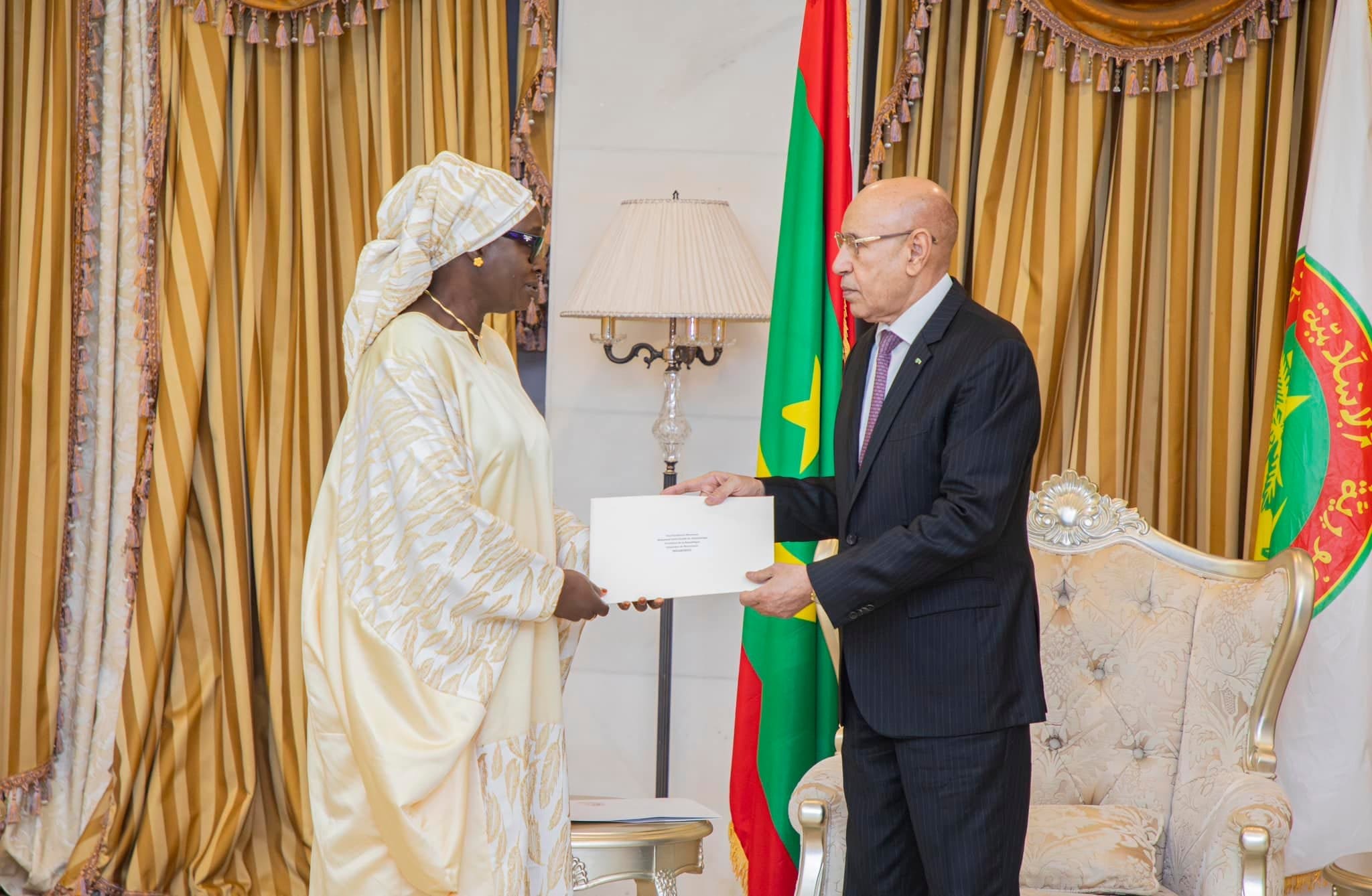
Diplomatic Campaign
In response to these criticisms, Mauritania launched a wide-ranging diplomatic campaign to explain its policy on regulating the residency of foreigners within its borders, considering it a “sovereign right” in this area.
The campaign includes intensive communication with neighboring capitals, as well as a field tour by Mauritania Foreign Minister and Minister of Cooperation and Mauritanians Abroad, Mohamed Salem Ould Merzoug, who visited West African capitals carrying written messages from President Ould Ghazouani to the leaders of neighboring countries.
According to media reports, Nouakchott aims, through this campaign, to dispel what it considers a “misunderstanding” of the recent measures related to the deportation of foreigners without legal residence permits.
The campaign also involves strengthening coordination with the diplomatic missions of the concerned African countries and intensifying media communication to clarify the rationale behind the decision to both the local and international public.
On April 8, 2025, FM Ould Merzoug arrived in Dakar for an official visit aimed at discussing ways to enhance bilateral cooperation and address irregular migration, in light of growing security and humanitarian challenges related to this phenomenon in the region.
In an interview with Radio France Internationale on March 12, 2025, the Mauritanian minister stated that his meeting with Senegalese President Bassirou Diomaye Faye focused on ways to strengthen the partnership between the two countries, particularly regarding security and migration.
He explained that the issue of irregular migration was no longer just a local or regional matter but a global challenge that requires international coordination and a comprehensive response.
Ould Merzoug also defended Mauritania’s actions regarding the deportation of migrants from Senegal, Mali, and other African countries.
He stated that his country is not a “border guard” for Europe or any other country, nor does it serve as a military base or a rear base for any state, emphasizing that Mauritania is determined to firmly confront human trafficking networks and irregular migration.
Mauritania is working to ensure it does not become a passageway for hundreds of thousands of young people risking their lives across the Atlantic Ocean.
Ould Merzoug pointed out that his country had recently dismantled four irregular migration networks run by Mauritanians and several foreign nationals from various countries.
In response to criticisms from some human rights organizations, the minister emphasized that the primary mission of his country’s forces is to secure its population and territory, noting that they adhere to all agreements protecting human rights while fulfilling these duties.

A New Understanding
Commenting on the controversy sparked by the deportation of irregular migrants, journalist and writer Mohamed al-Amin Khattari stated that the government is taking decisive measures after the Mauritanians’ frustration over the influx of thousands of irregular migrants reached a tipping point.
Khattari argued that the government preemptively began a series of legal actions with a punitive focus targeting migration and human trafficking networks. Subsequently, it launched an extensive operation aimed at irregular migrants, in coordination with various security forces within Mauritania.
In an interview with France 24, Khattari clarified that the goal of this operation is to gain control over the situation, understand the nature, numbers, and methods of how irregular migrants are entering Mauritania.
He also pointed out that Mauritanian officials have emphasized that these operations are being conducted within a legal and human rights framework, ensuring the protection of migrants’ rights while allowing Mauritania to track who resides on its territory, whether legally or illegally.
Addressing fears of regional tension over deportations, Khattari said Mauritania’s message to its neighbors is clear: legal migrants are safe, and the door remains open to regularize status through proper channels.
Commenting on EU pressure, he noted that despite online debate, the EU has clarified that its agreement with Mauritania remains within a non-binding framework of principles.
“This means that there is no agreement obligating Mauritania to adopt stronger measures than before or change the existing operational rules.”
“The main issue is that Mauritanians have started to feel the growing burden of irregular migration and its impact on the country in various aspects,” he added.
On March 7, 2024, Mauritania signed a migration deal with the EU, securing over 80 billion Ouguiya (more than 200 million euros) in return for efforts to curb the flow of migrants from Africa to Europe.
The agreement, and the uncertainty surrounding it, triggered sharp divisions in Mauritania: while some viewed it as a threat to security, social stability, and the country’s demographic makeup, others dismissed these concerns, insisting the migrant numbers are manageable and their stay is only temporary pending repatriation.
European Confusion
Mohamed Mokhtar Ould Mohamed Fall, editor-in-chief of al-Nahar, said leaks from the EU-Mauritania deal suggest Europe wants to turn Mauritania into a hub for migrant settlement and a destination for deporting African migrants currently in Europe.
“Rumors claiming the EU bought residency and work rights for migrants in Mauritania sparked a highly sensitive reaction within Mauritanian society,” he told Al-Estiklal.
He noted that the Mauritania-EU agreement created “confusion,” leading migrants to believe the country was being prepared for them and was on the rise thanks to oil discoveries, adding that the influx of African migrants surged after the deal.
Despite denials from both the Mauritanian government and the EU that the agreement aimed to resettle Africans in Mauritania, Ould Mohamed Fall noted a marked rise in migration from neighboring countries, driven by such rumors.
“Mauritania has tolerated migration out of respect for its neighbors and to avoid tensions, especially since Mauritanian communities, particularly traders, live in those countries,” he said.
“The Mauritanian government has been urging irregular migrants to register their stay legally and free of charge for about five years, but the response was weak, with few migrants registering compared to the large number that entered the country.”
“The government announced that anyone failing to regularize their status would be expelled and opened 80 new entry points, including some international ones, urging migrants to correct their legal status.”
“When the government attempted to enforce the law and curb chaotic migration, a storm of protests arose in Senegal, Mali, Gambia, Guinea, and other countries,” Ould Mohamed Fall added.
“All countries are facing the migration issue, but what sets Mauritania apart is that African migrants enter through all gates, with no specific entry points or restrictions on their entry.”
He further remarked that all countries in the region have become “policemen for Europe,” with Europe mobilizing everyone and flooding coastal nations with African migrants.
Ould Mohamed Fall argues that the “negative impacts on Mauritania” fueled the swift surge in arrests and deportations, pointing to rising issues like drug use, theft, insecurity, and the spread of new behaviors disrupting societal peace.
“The government is under significant pressure from the Mauritanian public due to the negative repercussions of the chaos caused by irregular migration,” he concluded.
“Mauritanians fear the government might backtrack on these measures, as the situation can no longer be tolerated.”
Sources
- Mali criticizes Mauritania for ill treatment of irregular migrants
- Carrying a Message from Ghazouani, Ould Merzouk in Dakar to Discuss Migration [Arabic]
- Mauritania Rejects African Neighbors' Criticism on Treatment of Migrants [Arabic]
- Malian Government Delegation Delivers Message from President Goita to Ghazouani on Migrant Deportation Issue [Arabic]


